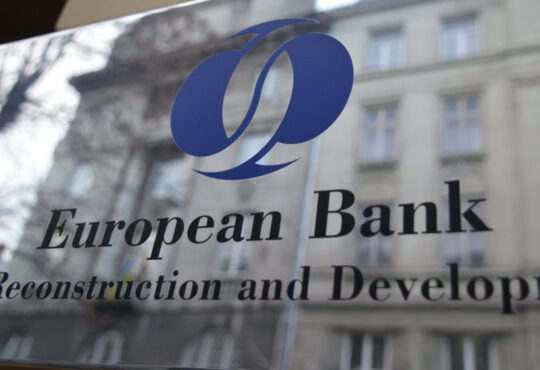
LISBON, April 4 (Reuters) – The risk of default on mortgages in Portugal is low despite the steep rise in interest rates by the European Central Bank (ECB) because there are so many people in work, ECB Governing Council member Mario Centeno said on Wednesday.
In Portugal, around 90% of the stock of 1.4 million mortgages has variable rates indexed to three-month, six-month and 12-month Euribor rates.
Centeno, who is governor of the Bank of Portugal, said that, contrary to what happened in the sovereign debt crisis that led to the country’s international bailout in 2011, “this time the Portuguese economy was prepared to face a crisis like this”.
“The risk of default (on mortgages) is low because Portugal has never in its history had so many people working and the country in the past has had higher interest rates, higher mortgage payments and more indebted families than it currently has,” he told a parliamentary committee.
Portugal’s monthly unemployment rate fell to 6.8% in February from a revised reading of 7.0% in January.
Centeno said that in 2022, 190,000 new jobs were created with total employment reaching a record high of around 3.98 million, while wages per worker increased by 7.6%, which compared with annual inflation of 7.8%.
“Despite inflation, there was only a marginal drop of 0.2% in the real wage per worker and the real disposable income of Portuguese families did not fall due to the government’s support measures,” he said.
Centeno said there were 450,000 more people employed than in January 2019 and the average salary had increased by more than 200 euros to 1,319 euros ($1,444) per month.
The share of bad loans in Portuguese banks’ loan portfolios fell to an all-time low of 3% in December, the central bank said on Thursday.
The ECB last raised its refinancing rate by 50 basis points to 3.50% three weeks ago.
($1 = 0.9136 euros)
Reporting by Sergio Goncalves
Editing by Mark Potter
Our Standards: The Thomson Reuters Trust Principles.






